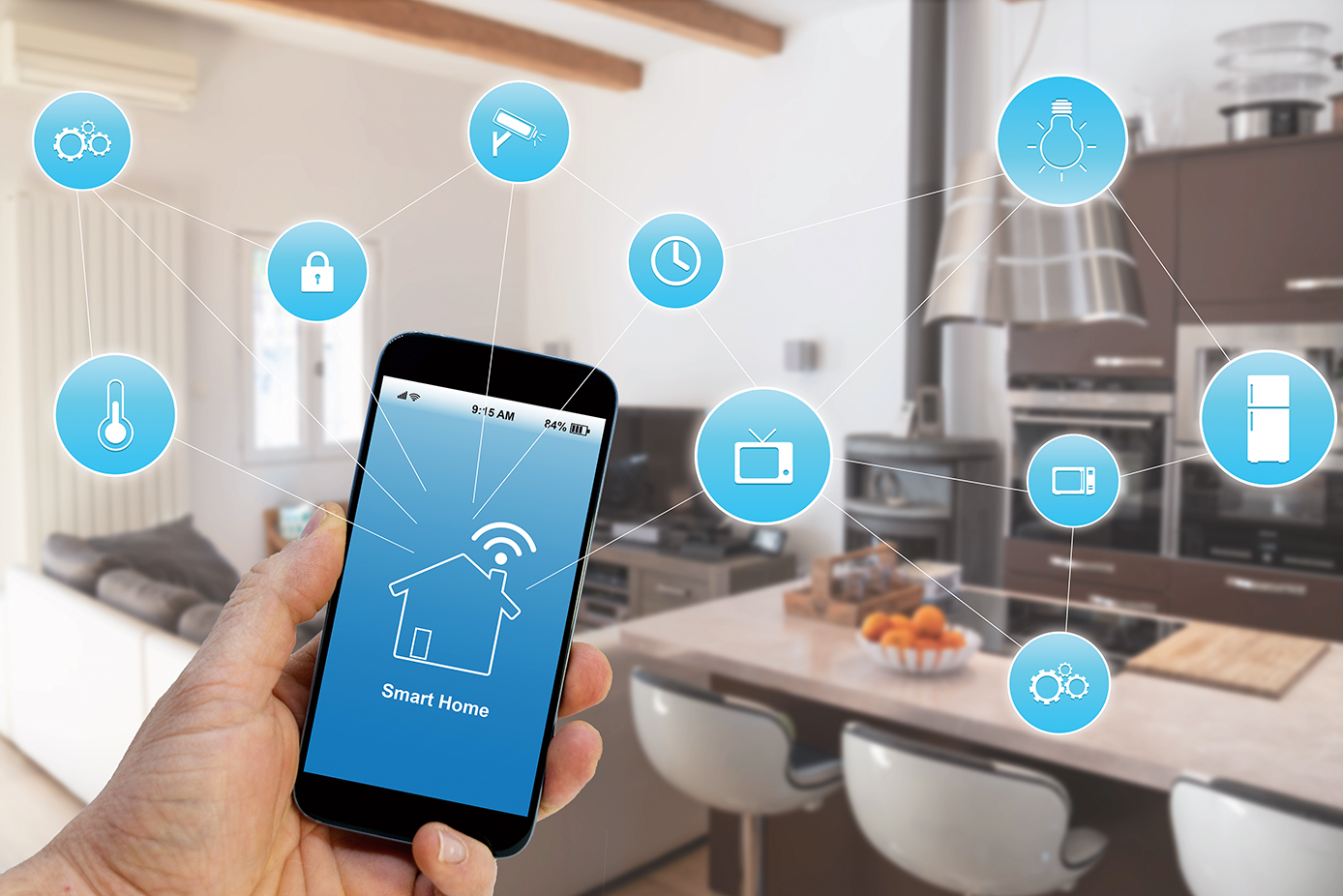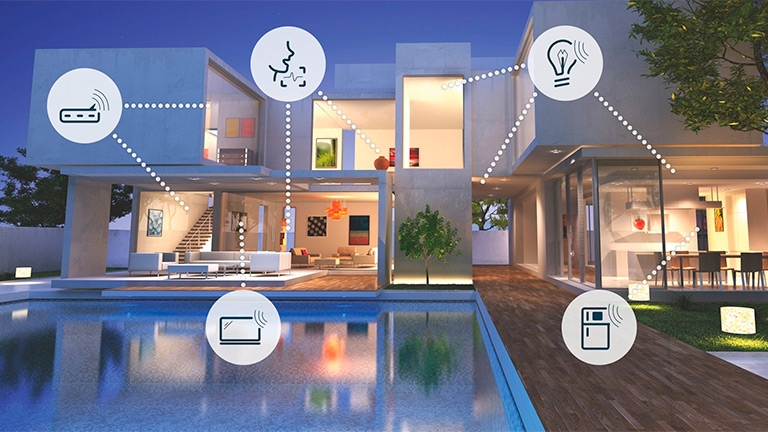In the realm of modern technology, the concepts of smart cities and smart homes are often discussed. Both represent significant advancements in the way we live and interact with our environments. But what do these terms truly mean, and how do they impact homeowners and businesses? This article delves into the intricacies of smart cities vs smart homes, exploring their unique features, benefits, and the future they herald for individuals and enterprises alike.

Understanding Smart Cities
A smart city is an urban area that uses different types of electronic data collection sensors to supply information used to manage assets and resources efficiently. This includes data collected from citizens, devices, and assets that is processed and analyzed to monitor and manage traffic and transportation systems, power plants, utilities, water supply networks, waste management, crime detection, information systems, schools, libraries, hospitals, and other community services. The primary goal of a smart city is to enhance the quality of urban services, reduce costs, and improve the overall quality of life for its citizens.
Smart cities make use of the Internet of Things (IoT), artificial intelligence (AI), and advanced data analytics to create more efficient and sustainable urban environments. These technologies enable real-time data collection and analysis, which in turn supports better decision-making and resource management.
Exploring Smart Homes
On the other hand, a smart home refers to a residence equipped with internet-connected devices for remote management and monitoring of systems and appliances. Smart homes offer convenience, energy efficiency, and enhanced security through the integration of technologies such as smart thermostats, lighting systems, security cameras, and voice-activated assistants.
The concept of smart home automation is rapidly gaining popularity among homeowners. By leveraging IoT devices, homeowners can control various aspects of their home environment through smartphones or other connected devices, providing a seamless and customized living experience.
Key Differences Between Smart Cities and Smart Homes
While both smart cities and smart homes utilize advanced technologies to improve efficiency and quality of life, they differ significantly in scope and application. Smart cities focus on the broader urban environment, encompassing public infrastructure and services, whereas smart homes are more personalized and concentrated on individual residences.
Smart cities require collaboration among government entities, businesses, and citizens to implement and maintain the necessary technologies and infrastructure. In contrast, smart homes are typically driven by individual homeowners or property developers who seek to enhance their living spaces through technology.
The Impact on Homeowners and Businesses
For homeowners, the rise of smart homes presents an opportunity to increase the value of their properties, reduce energy consumption, and enhance security. Businesses, particularly those in the real estate and technology sectors, can benefit from the growing demand for smart home technologies and services.
Smart cities, on the other hand, offer businesses opportunities in urban development, infrastructure management, and technology deployment. Companies that provide solutions for traffic management, waste reduction, and energy efficiency stand to gain from the trend towards smart cities.
Moreover, both smart cities and smart homes contribute to environmental sustainability by optimizing resource usage and reducing carbon footprints. As such, they align with global efforts to combat climate change and promote sustainable development.
The Future of Smart Cities and Smart Homes
The future of urban living is undoubtedly intertwined with the advancement of smart technologies. As cities continue to grow and urban populations increase, the need for efficient and sustainable solutions becomes more pressing. Smart cities are poised to play a pivotal role in shaping the future of urban living, offering enhanced services and improved quality of life for residents.
Simultaneously, the evolution of smart home technology promises to revolutionize the way we live, offering unprecedented levels of convenience, security, and efficiency. As more homeowners embrace smart home solutions, the demand for innovative products and services is expected to rise, driving further advancements in the industry.
Conclusion
In the debate of smart cities vs smart homes, both concepts offer significant benefits and opportunities for homeowners and businesses. While smart cities focus on enhancing urban environments, smart homes provide personalized solutions for individual residences. Together, they represent the future of technology-driven living, promising a more connected, efficient, and sustainable world.

FAQs
1. What is the main goal of a smart city?
The main goal of a smart city is to enhance the quality of urban services, reduce costs, and improve the overall quality of life for its citizens by using technology to manage resources efficiently.
2. How do smart homes benefit homeowners?
Smart homes offer convenience, energy efficiency, and enhanced security through the remote management and monitoring of home systems and appliances, ultimately increasing property value and reducing energy consumption.
3. Can businesses benefit from smart city initiatives?
Yes, businesses can benefit from smart city initiatives by providing solutions for infrastructure management, urban development, and technology deployment, particularly in areas such as traffic management and energy efficiency.

